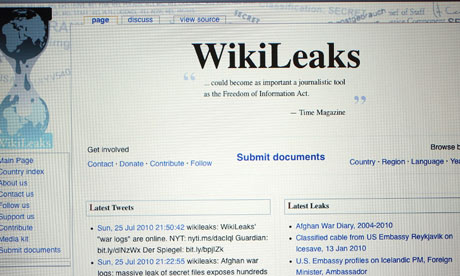As the
Federal Communications Commission grapples with the timing of a net neutrality vote and Republican lawmakers demand the agency drop it, companies like OpenDNS fear the issue is getting mired in politics.
And that could crush startups like them, says OpenDNS founder David Ulevitch. He says the San Francisco domain name service is already being blocked by Verizon Wireless. He fears other Internet service providers trying to compete with it could do the same. update: A Verizon Wireless spokeswoman said Monday its network engineers "see no issue from our end."
Since it launched with a couple million dollars in angel investment four years ago, OpenDNS has attracted 20 million customers – consumers and businesses such as Staples, Century 21 and Fuji Film – who prefer the service’s domain name look-up service to that of their Internet service provider. Why? Ulevitch says the company is able to more quickly translate Web page addresses like www.washingtonpost.com to The Post’s IP address to serve up the site to users. Its fail rate is zero, compared with ISPs, he says. Check out a review of OpenDNS by the New York Times’ David Pogue for more details on how the service works.
Turns out, Ulevitch said in a recent phone interview, that carriers such as Verizon Wireless, Comcast and Time Warner cable have caught on to the value of their service. Open DNS is able to collect a lot of data about users and their Web surfing habits to serve up targeted ads for users who volunteer to have that information tracked.
The FCC won’t say what its plans are for net neutrality. Many analysts and experts outside the agency are betting on a vote in December. Even if FCC Chairman Julius Genachowski puts the proposed regulation on its agenda for vote in December, the agency has to grapple with its questionable authority over broadband providers.
“There are some cable and phone companies out there that want to decide which apps you should get on your phone, which Internet sites you should look at, and what online videos you can download," a FCC official said in a statement after Republican House members criticized a proposal by Genachowski. "That’s regulating the Internet and that’s what the FCC is trying to stop.”








